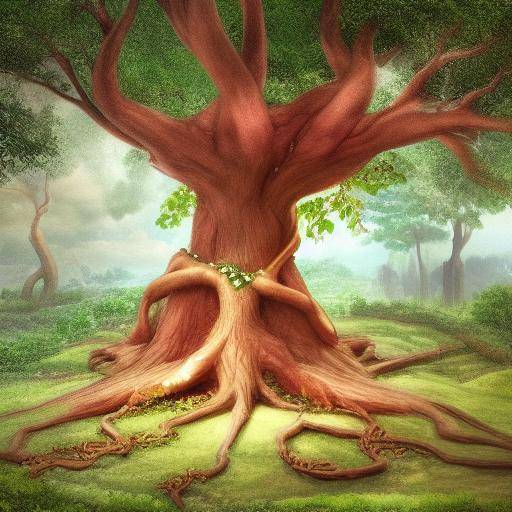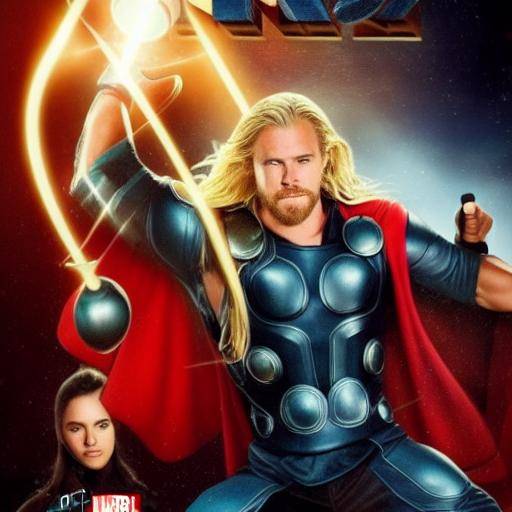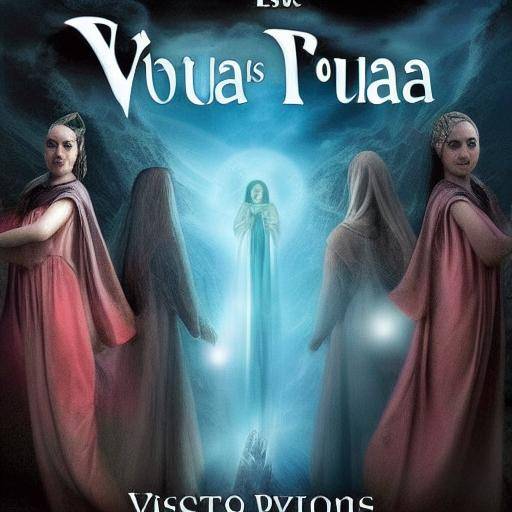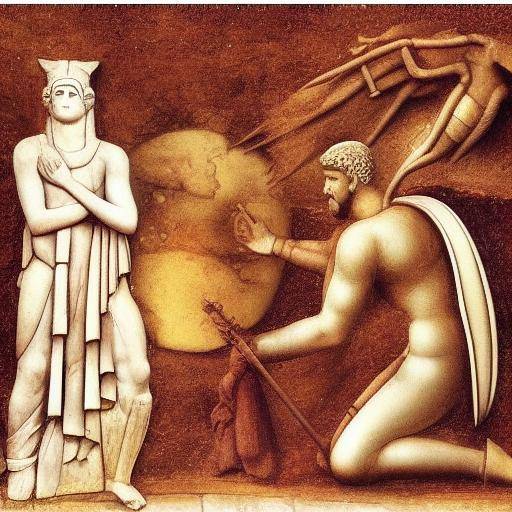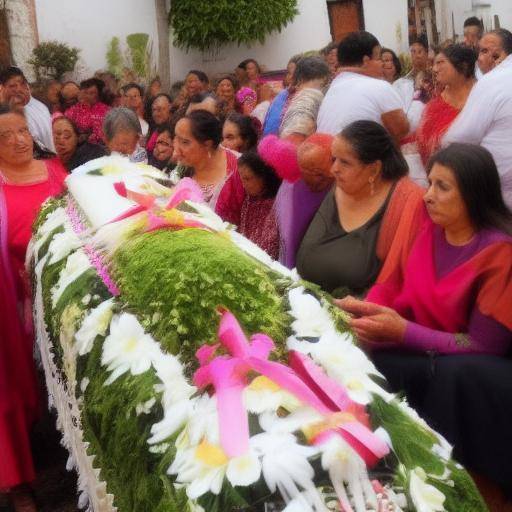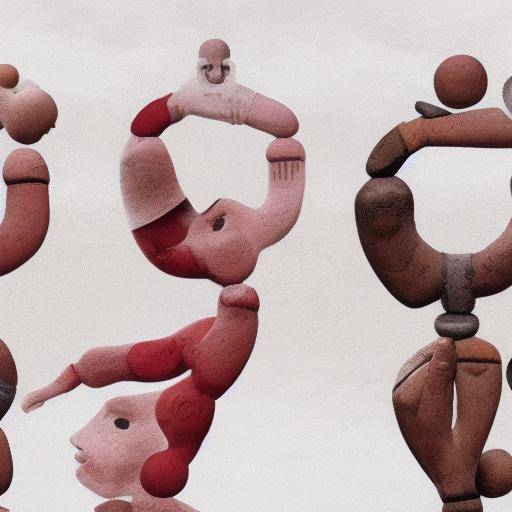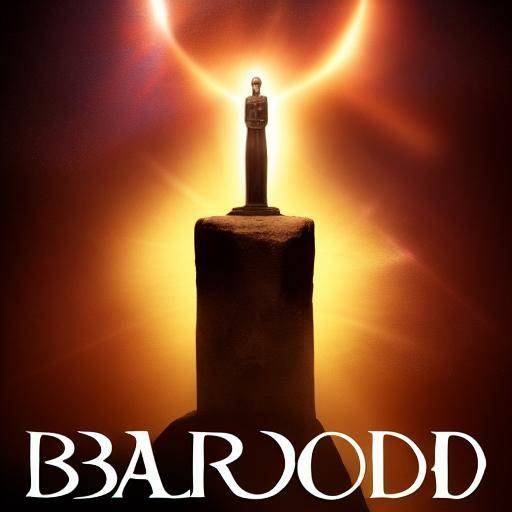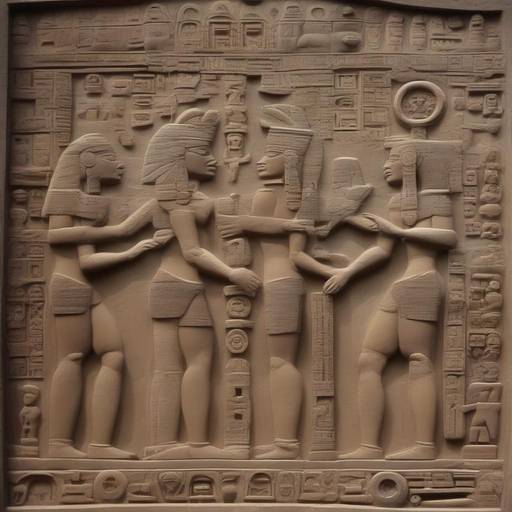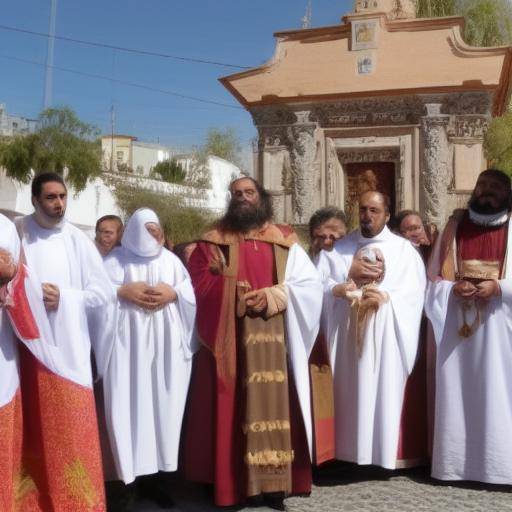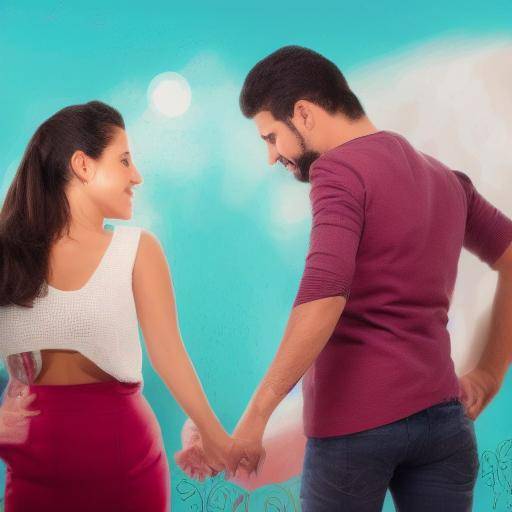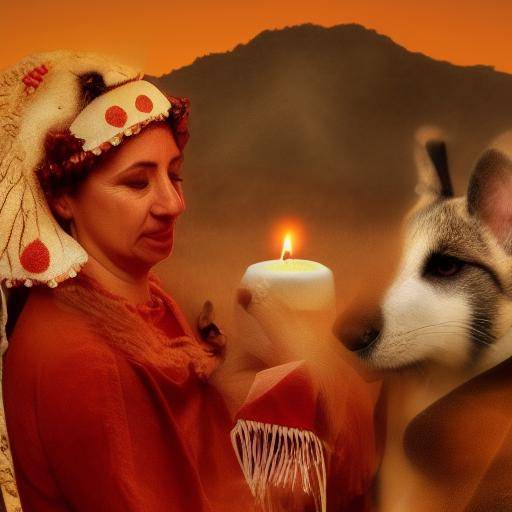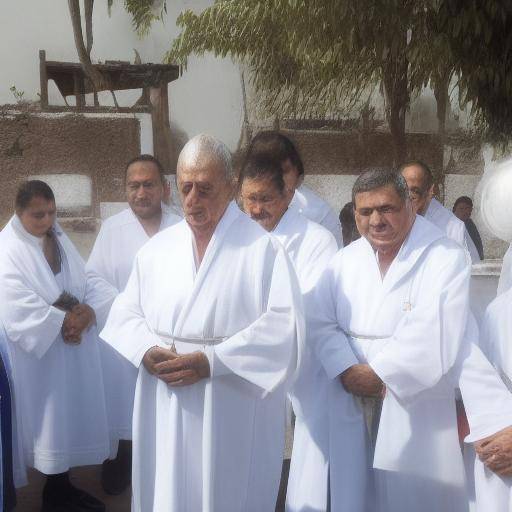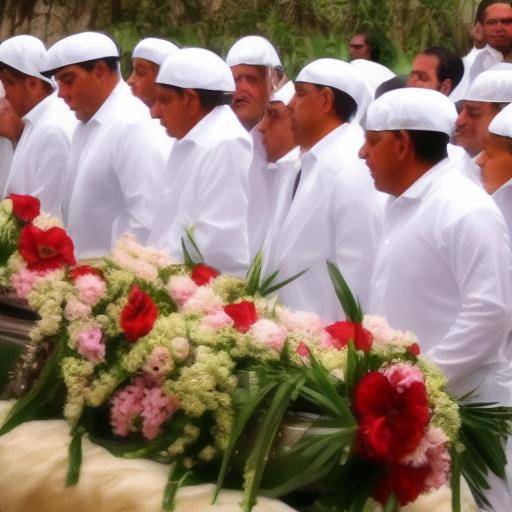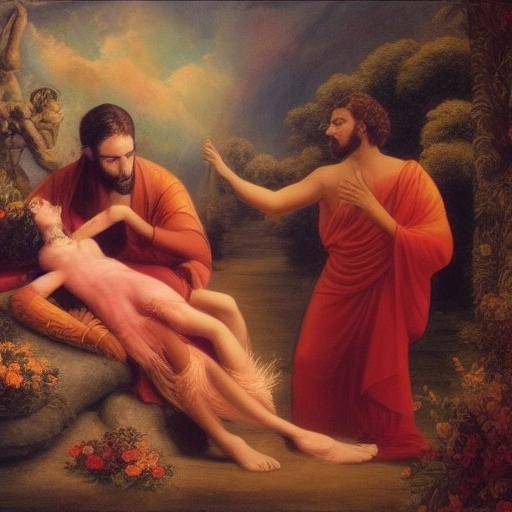
Introduction
The Nordic mythology has left an imprint on popular culture, offering fascinating tales of heroes, mythical creatures and powerful deities. In these narratives, the relationship between humans and gods plays a central role, defining the destiny of both in a world full of magic and mystery. In this article, we will explore in depth this relationship, getting into myths, beliefs and dynamics between two spheres that intertwine uniquely. From veneration to daily interactions, we will discover how Nordic mythology reveals the complex interaction between humans and gods and their influence on the life and imagination of people.
History and Background
The Nordic mythology, also known as Scandinavian mythology, has its roots in the ancient religious traditions of the German peoples of northern Europe. Its origins date back to pre-Christian cultures that populated what we now know as Scandinavia and the adjacent territories during the Iron Age. These societies developed a pantheon complex of gods and divine beings, whose exploits and attributes were transmitted throughout generations through oral accounts and later in writing.
With the arrival of Christianity, the Nordic mythology was gradually displaced, but its legacy lasted in the traditions and literature of the region. Until today, their myths continue to generate a significant impact on fields such as literature, art and popular culture, where characters such as Odin, Thor and Loki have gained new life.
Detailed Analysis
Confluence between humans and gods in Nordic mythology can be seen in various manifestations. In the sacred texts, direct interactions are described among them, as well as ritual celebrations and even the divine presence in the daily life of the communities. This approach to the coexistence of both worlds reflects the cosmovision of a society that sought to understand, explain and link with transcendental forces that influenced their lives.
Exhaustive examination
Comparative analysis
One of the most remarkable aspects of Nordic mythology is the interaction between humans and gods compared to other mythological traditions. While in some cultures the gods may appear distant and inaccessible, in the Nordic mythology we find deities that actively participate in the life of mortals, establishing personal relationships, influencing important events and sometimes showing sympathy, anger or mockery towards humans.
Practical Tips and Accessible Recommendations
For those interested in deepening the understanding of the relationship between humans and gods in Nordic mythology, it is recommended to read primary sources, such as Eddas and epic poems. In addition, exploring the influence of Nordic mythology on contemporary culture, including literature, film and video games, provides an enriching perspective on the lasting impact of these accounts.
Conclusions and FAQs
Conclusions
The relationship between humans and gods in Nordic mythology is a fertile field for reflection and analysis, offering a unique window to the dynamics between the earthly and the divine. The mythological narratives invite us to explore our own relationship with the transcendent and to understand how these interactions have shaped cultures and societies over time.
Frequently asked questions
1. What role do humans play in Nordic mythology?
In the Nordic mythology, humans are seen as courageous beings whose actions and destinies are intertwined with the designs of the gods, thus creating a deep bond between the two worlds.
2. What is the importance of the relationship between humans and gods in Nordic mythology?
The relationship between humans and gods in Nordic mythology is fundamental to understanding the worldview of the former Scandinavians, as well as to appreciate the influence of these beliefs in contemporary society and culture.
3. What are some of the most outstanding deities in Nordic mythology?
Among the most outstanding deities are Odin, the father of all, Thor, the god of thunder, and Loki, the cunning and naughty god of mischief and deceit.
4. What events and rituals are related to the interaction between humans and gods in Nordic mythology?
Nordic mythology includes a series of events and rituals involving the veneration and recognition of the gods, as well as the search for their favor and protection in everyday life.
5. How has Nordic mythology influenced contemporary culture?
The Nordic mythology has left an indelible mark on contemporary culture, inspiring literary, cinematographic and artistic works, as well as influencing the narrative of countless fantasy and adventure stories.
6. Why is the relationship between humans and gods in Nordic mythology still relevant in the present world?
The relationship between humans and gods in Nordic mythology remains relevant in the current world due to its ability to resonate with universal aspects of human condition, such as heroism, overcoming evidence and seeking meaning in a mysterious and grand cosmos.
Concluding, the relationship between humans and gods in Nordic mythology is a deeply fascinating theme that offers a unique window to explore the interaction between the divine and the earthly. Through understanding these dynamics, we can enrich our vision of the world and of ourselves, as well as appreciate the lasting legacy of these old beliefs in our contemporary culture.

